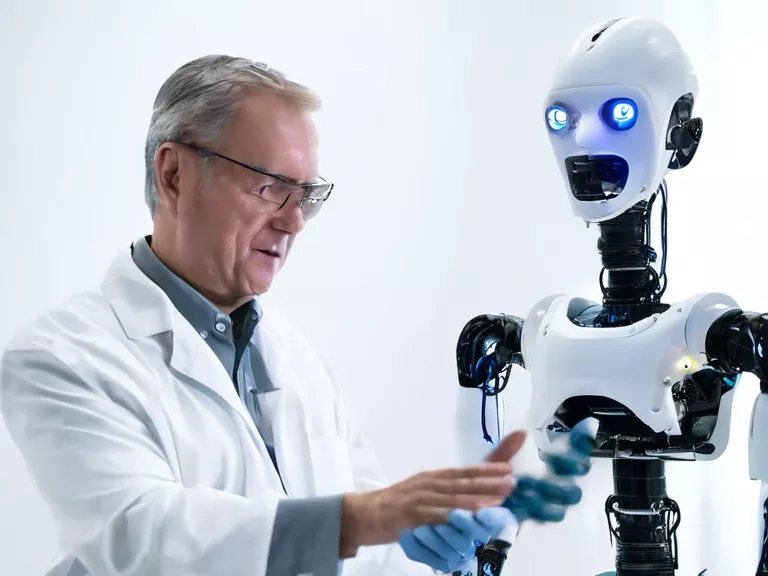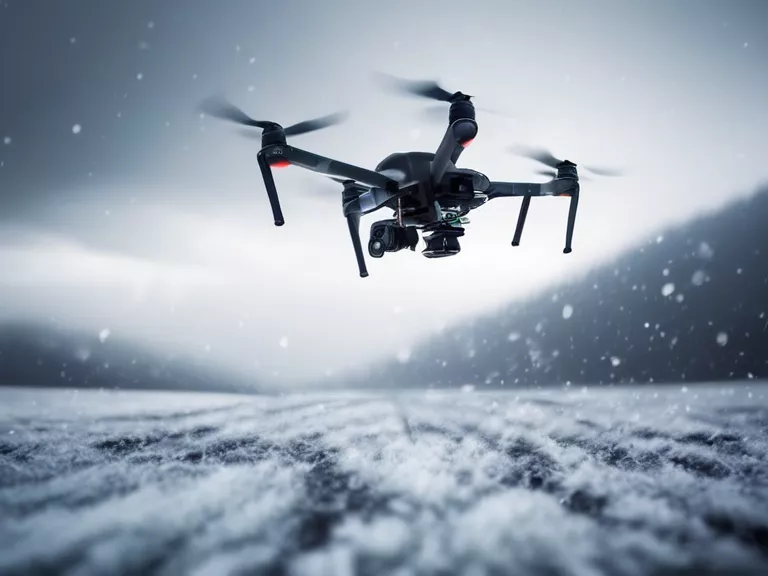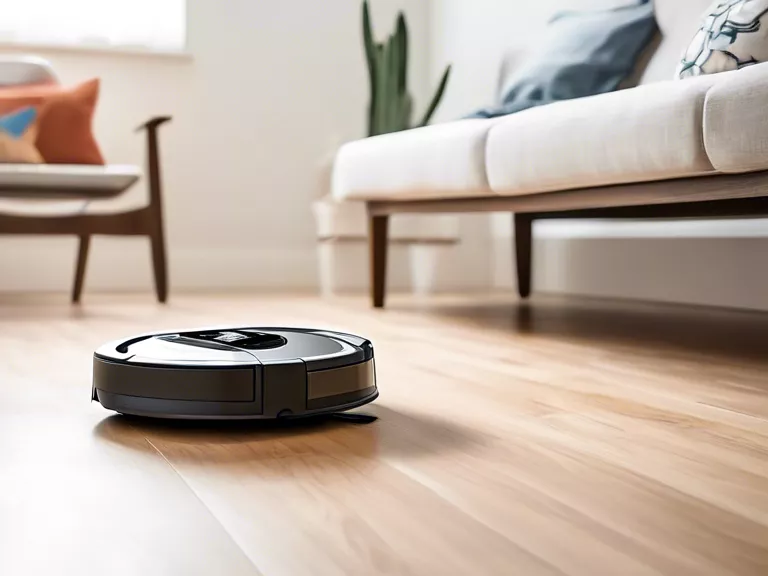
The future of robotics in healthcare and medical fields looks promising as technology continues to advance at a rapid pace. Robots are being used in various medical applications to improve patient care, assist healthcare professionals, and streamline processes. From robotic surgical systems to automated patient monitoring, the possibilities for robotics in healthcare are endless.
One of the key areas where robotics is making a significant impact is in surgery. Robotic surgical systems like the da Vinci Surgical System allow for minimally invasive procedures with greater precision and control, resulting in shorter recovery times and reduced risk of complications. This technology is revolutionizing the way surgeries are performed and is being adopted by more hospitals around the world.
In addition to surgery, robots are also being used in patient care and rehabilitation. For example, robotic exoskeletons can help patients with mobility issues walk again, while robotic assistants can provide support to elderly patients in nursing homes. These applications of robotics are improving the quality of life for patients and easing the burden on healthcare providers.
Another important use of robotics in healthcare is in medical imaging. Robots can assist radiologists in performing scans and interpreting imaging data, leading to faster and more accurate diagnoses. This technology is particularly useful in detecting early signs of diseases like cancer and ensuring timely treatment for patients.
As the field of robotics continues to evolve, we can expect to see even more innovative applications in healthcare. From robot-assisted therapy for mental health patients to autonomous robots for drug delivery, the possibilities are endless. While there are challenges to overcome, such as cost and regulatory hurdles, the future of robotics in healthcare is bright.
In conclusion, the future of robotics in healthcare and medical fields holds great promise for improving patient care, enhancing medical procedures, and advancing the overall healthcare industry. As technology continues to advance, we can expect to see a greater integration of robotics in various healthcare settings, ultimately leading to better outcomes for patients.



